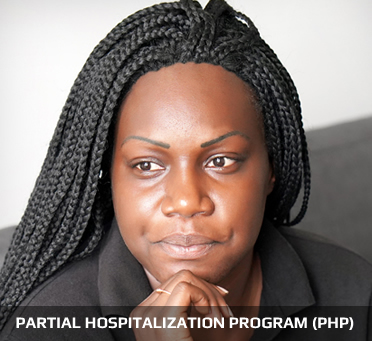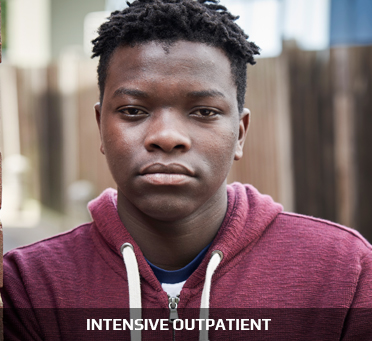Cognitive Behavior Therapy
Cognitive behavior therapy (CBT) is a short-term, goal-oriented psychotherapy treatment that takes a hands-on, practical approach to problem-solving. Its goal is to change patterns of thinking or behavior that cause substance use disorder and change the way they feel.
CBT works by changing people’s attitudes and their behavior by focusing on the thoughts, images, beliefs, and attitudes that are held and how these processes relate to the way a person behaves, as a way of dealing with substance use disorders and their resulting problems.
CBT teaches people how to identify and challenge distorted thinking in real time—so they can respond rather than react.
During CBT the client and therapist work together to understand what the problems are and develop new strategies for tackling them. CBT introduces patients to a set of principles that they can apply whenever they need to and that will last them a lifetime.
How CBT Supports Addiction and Mental Health Recovery
CBT helps clients recognize how their thoughts influence their behaviors. By replacing negative beliefs with more realistic ones, they can better manage triggers and emotional distress. It is based on several core principles, including:
- Many mental health challenges stem, in part, from unhelpful ways of thinking.
- Others may be rooted in learned patterns of ineffective behavior.
- With the right tools, individuals can develop better coping strategies to relieve symptoms and function more effectively..
Techniques for Changing Thought Patterns
CBT treatment usually involves efforts to change thinking patterns. These strategies might include:
- Learning to recognize one’s distortions in thinking that are creating problems, and then reevaluate them in light of reality.
- Gaining a better understanding of the behavior and motivation of others.
- Using problem-solving skills to cope with difficult situations.
- Develop a greater sense of confidence in one’s own abilities.
CBT treatment also usually involves efforts to change behavioral patterns. These strategies might include:
- Facing one’s fears instead of avoiding them.
- Using role-playing to prepare for potentially problematic interactions with others.
- Learning to calm one’s mind and relax one’s body.
Cognitive behavior therapy is a combination of psychotherapy and behavioral therapy. Psychotherapy emphasizes the importance of the personal meaning we place on things and how thinking patterns begin in childhood.
Recreational Therapy: An Active Supplement to CBT
Behavioral therapy pays close attention to the relationship between our problems, our behavior, and our thoughts. Elevate Recovery Centers personalize cognitive behavioral therapy in Glen Burnie to the specific needs and personality of each individual.
The goals of recreational therapy are always the same: to improve a person’s level of functioning and happiness. In the case of substance use disorder recreational therapy is a great way for individuals to practice new coping skills that replace previous substance use.
For more information on our Cognitive Behavioral Therapy in Glen Burnie, contact us today.

Take the First Step
We are here to support you through your recovery offering a safe, healthy, and accepting environment.




